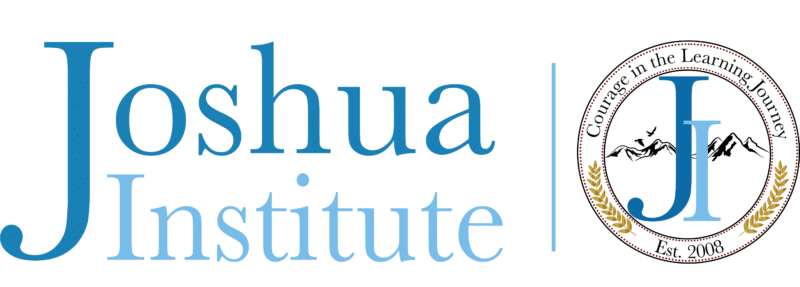Definition of Services

Content Intervention
Individualized coaching that strengthens weaknesses in specific content areas and/or challenge students beyond the grade level content. Intervention supplements classroom instruction by reinforcing and/or enriching what has already been taught. It does not replace classroom instruction.
The purpose of Content Intervention is to help students help themselves, or to assist or guide them to the point at which they become an independent learner. This prevents “learned helplessness” which can easily occur if the student does not gain the necessary skills to become an independent learner. Intervention is done in such a way that the student not only masters the content, but is able to apply their new learning abilities to new or novel situations.
Content Intervention Service includes:
- A Student Success Plan
- Content intervention
- Basic study skills
- Basic test taking strategies
- Collaboration with parents/teachers
Executive Functioning Intervention
Individualized coaching that strengthens the skills needed to organize and implement the necessary requirements for academic success.
According to Harvard University’s Center on the Developing Child, executive functioning skills are the mental processes that enable us to plan, focus attention, remember instructions, and juggle multiple tasks successfully. Just as an air traffic control system at a busy airport safely manages the arrivals and departures of many aircrafts on multiple runways, the brain needs this skill set to filter distractions, prioritize tasks, set and achieve goals, and control impulses. When students develop executive function and self-regulation skills, they experience lifelong benefits. These skills are crucial for learning and development and include:
- Personal knowledge – knowing your strengths and weaknesses
- Task knowledge – knowing how to do a task, figuring out how long it will take, and what you’ll need to do it
- Strategic knowledge – knowing how to choose the proper strategy for learning and applying it effectively
- Regulation – the ability to control your thoughts and your learning process
- Metacognition – the ability to think about your thinking; self-awareness
Executive Functioning Intervention Service includes:
- A Student Success Plan
- Collaboration with parents/teachers
- Self-paced online education. Please see Online School Support below.
- Skill development in the following areas: time management, goal setting, organization, problem solving, critical thinking skills, and study skills
NILD Educational Therapy
Individualized coaching using a therapeutic approach to strengthen processing abilities which directly impact academic success. JI uses the National Institute of Learning Development’s (NILD) nationally certified program to best equip our educational coaches to provide effective educational therapy. In order to develop successful, independent learners, NILD Educational Therapy focuses on developing four key components:
- Cognition – effective thinking strategies
- Perception – process visual and auditory information correctly
- Academics – improve in content areas hindered by underlying root causes
- Emotions – growth in confidence and competence in all areas
We work to address the underlying causes of learning difficulties rather than simply treating the symptoms. NILD Educational Therapy is a true therapy because it is individualized and provides intervention just above the student’s level of functioning, raising expectations for performance. Students are trained to view themselves as competent, confident learners. The goal of NILD Educational Therapy is to help students develop tools of independent learning in the classroom and in life. Interventions include a variety of techniques designed to address a student’s specific areas of difficulty and to improve their overall ability to think, reason, and process information. Techniques emphasize basic skill areas such as reading, writing, spelling, and math, as well as applying reasoning skills within each area.
NILD Educational Therapy Service includes:
- A Student Success Plan
- Specialized educational techniques that strengthen processing weaknesses such as visual/auditory processing, working memory, processing speed, and sensory processing difficulties
- Collaboration with parents/teachers
- Minimum amount of time: 60 minutes/week
- Maximum amount of time: 160 minutes/week
